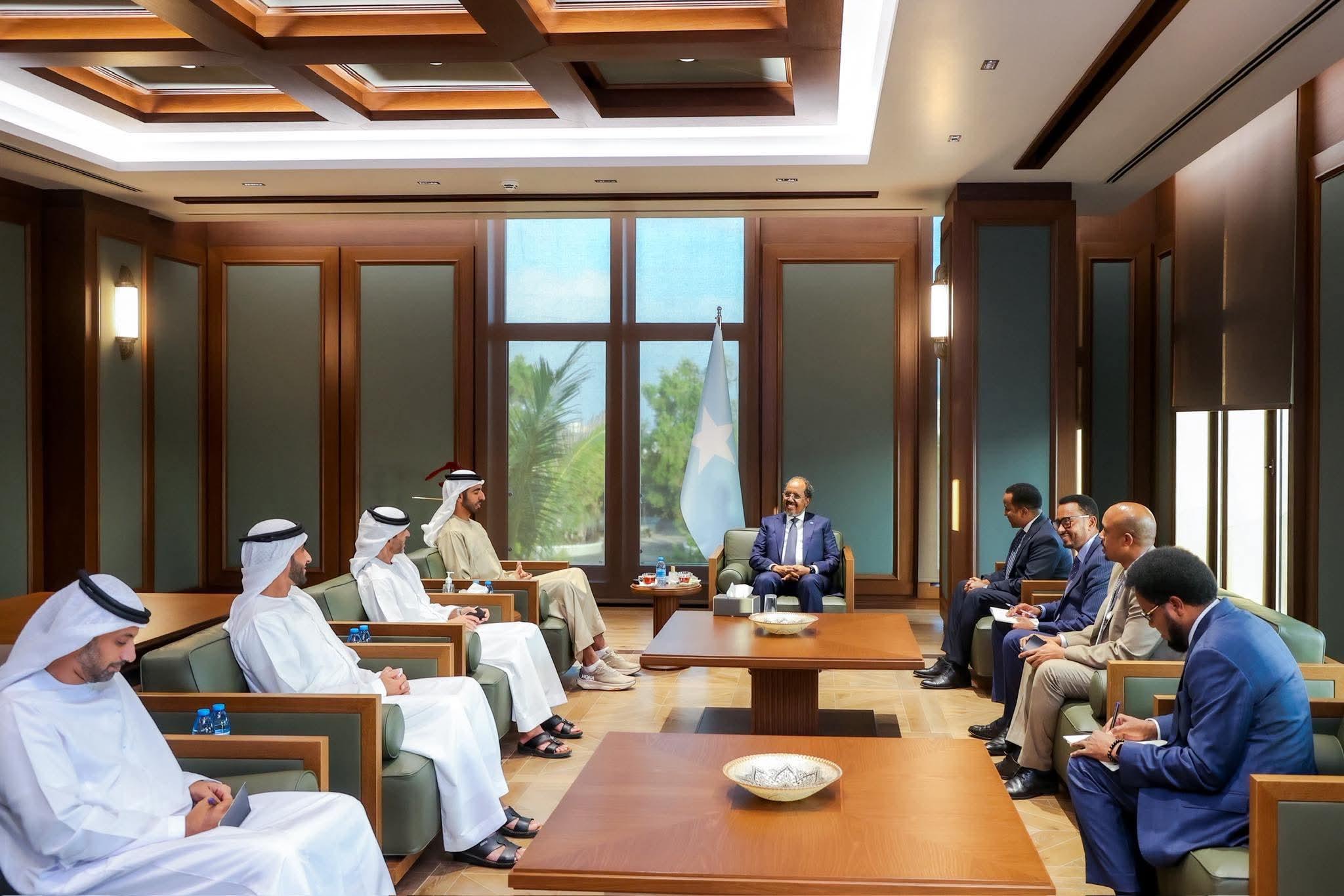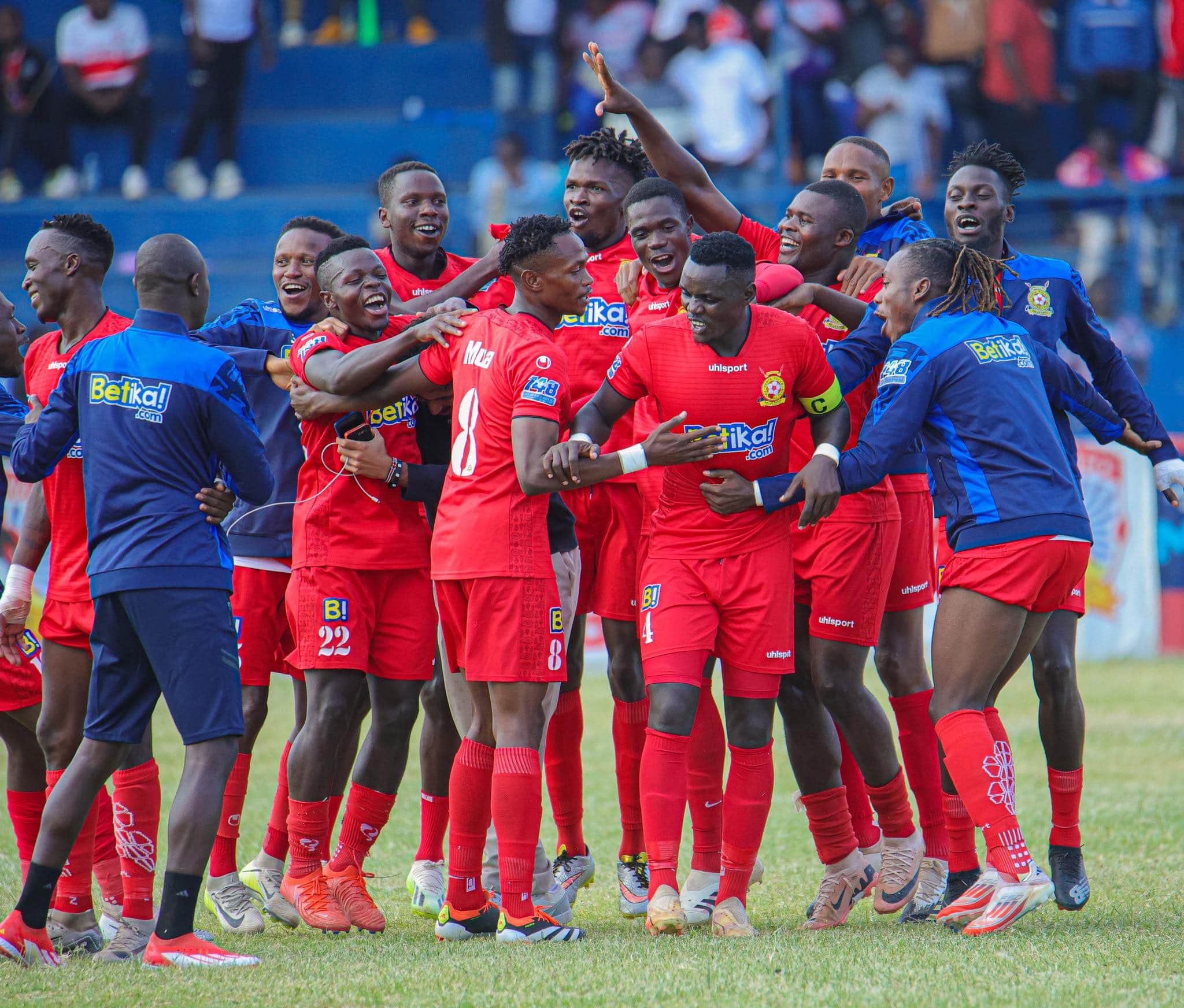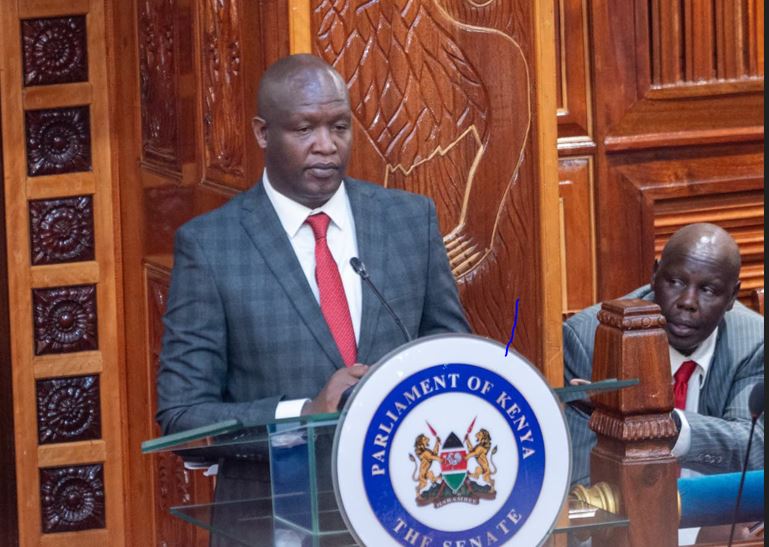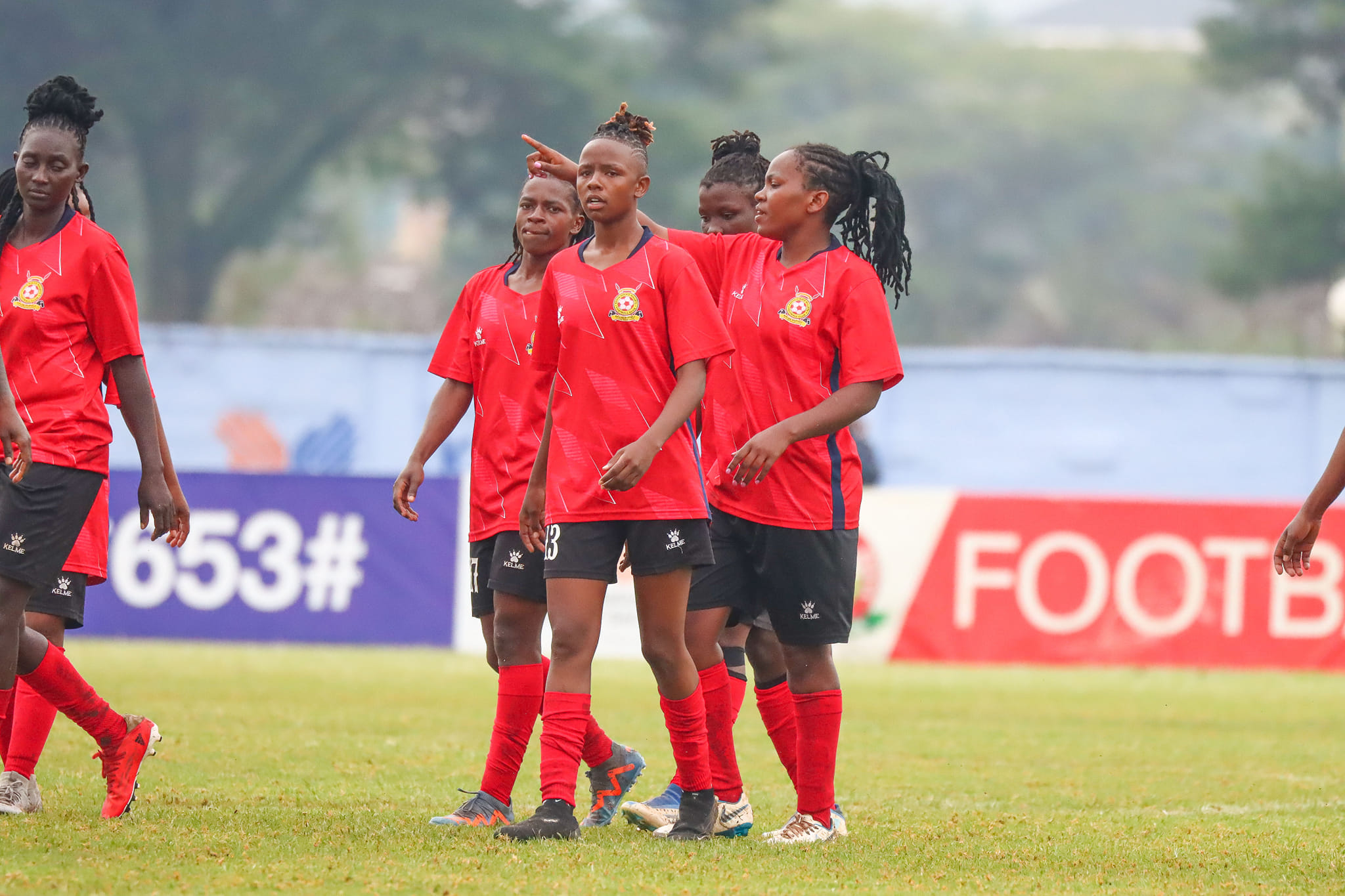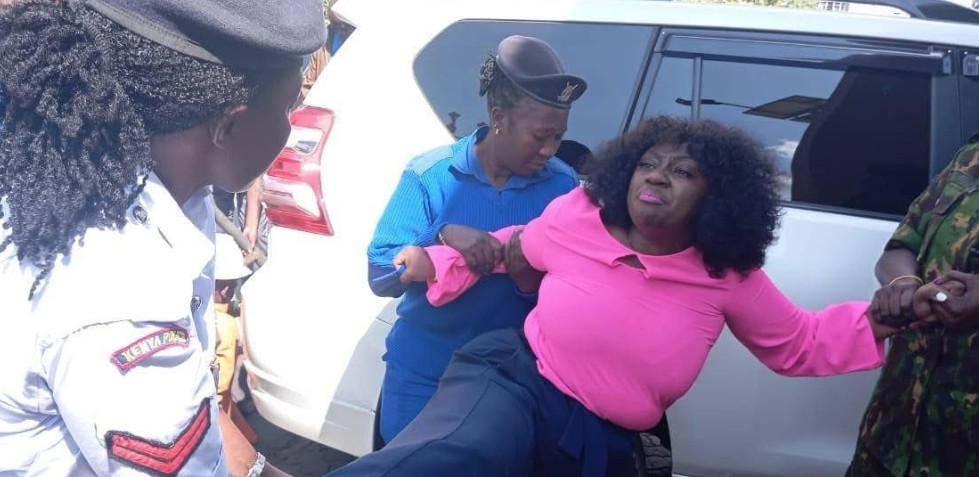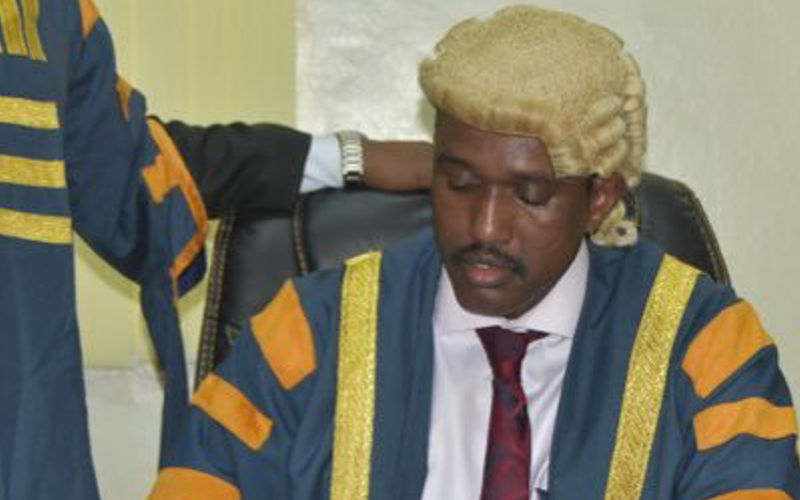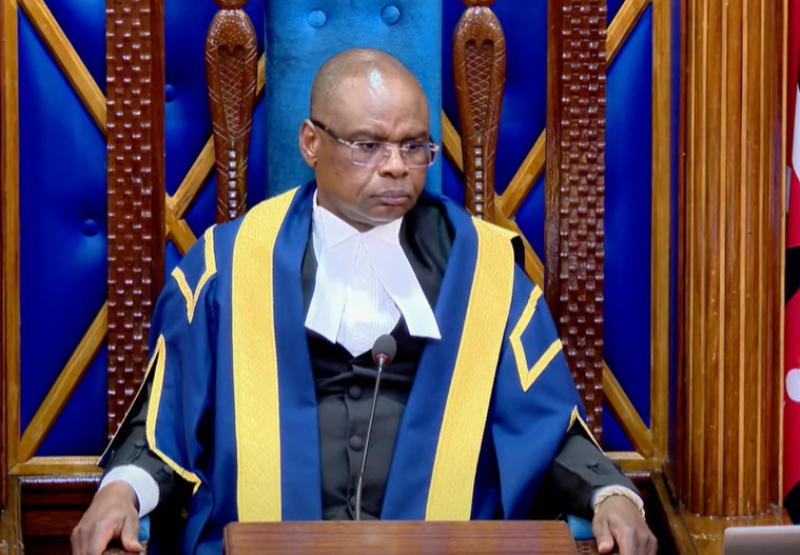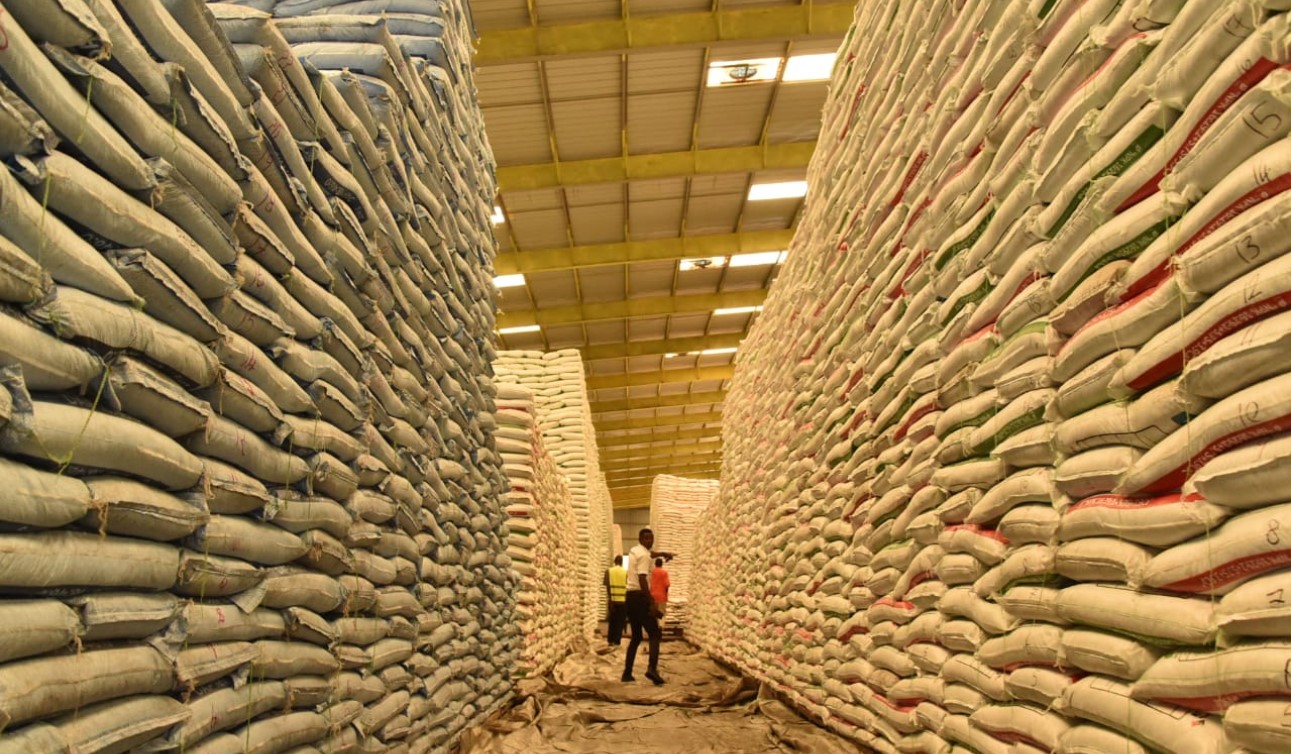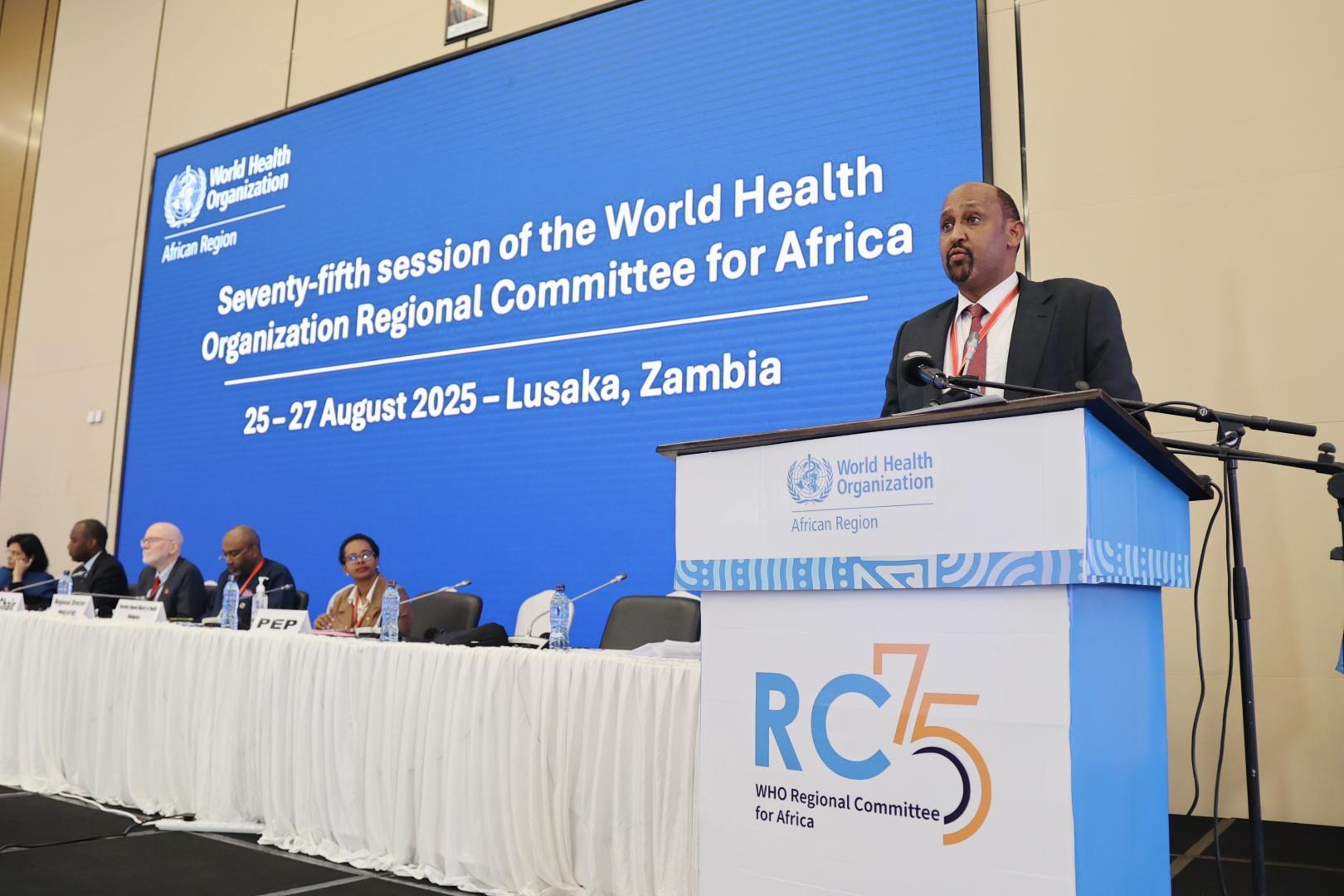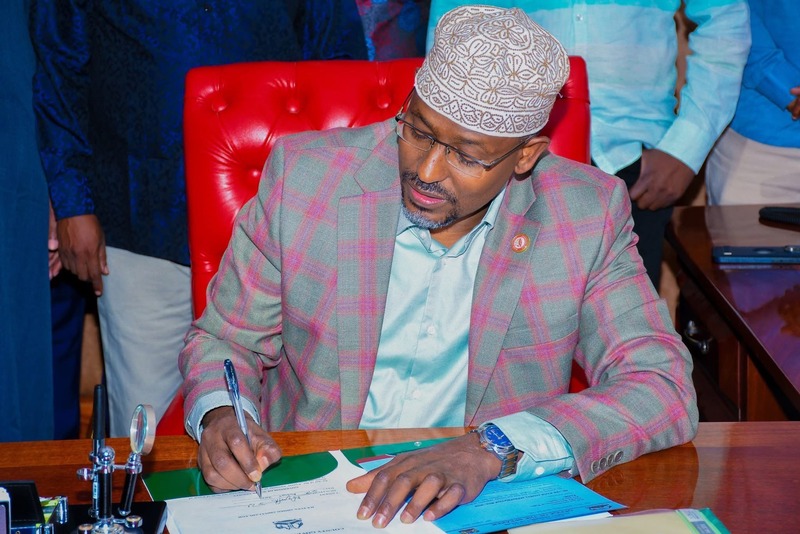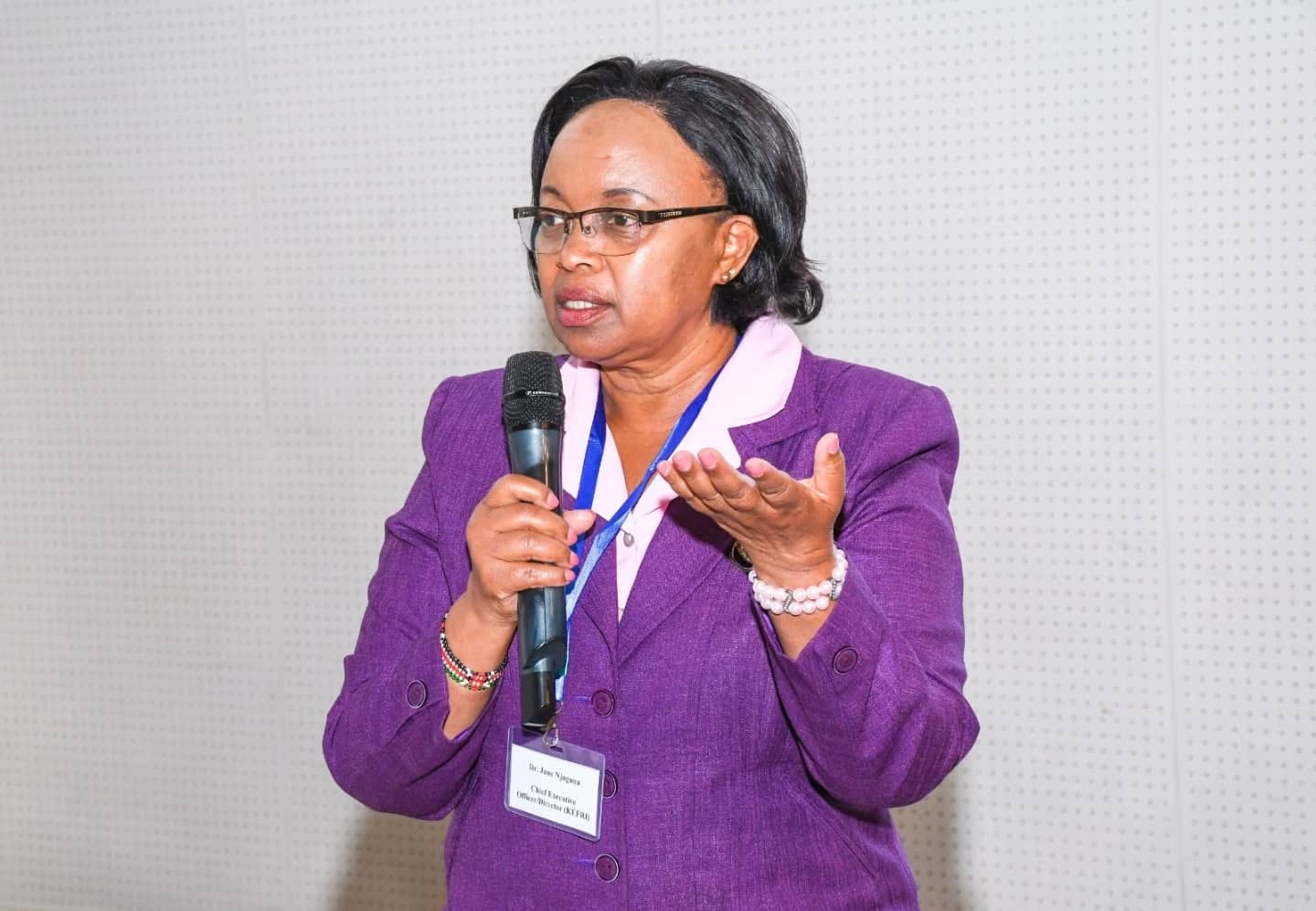Government contractors, suppliers risk ban if not registered on e-procurement portal by July 1
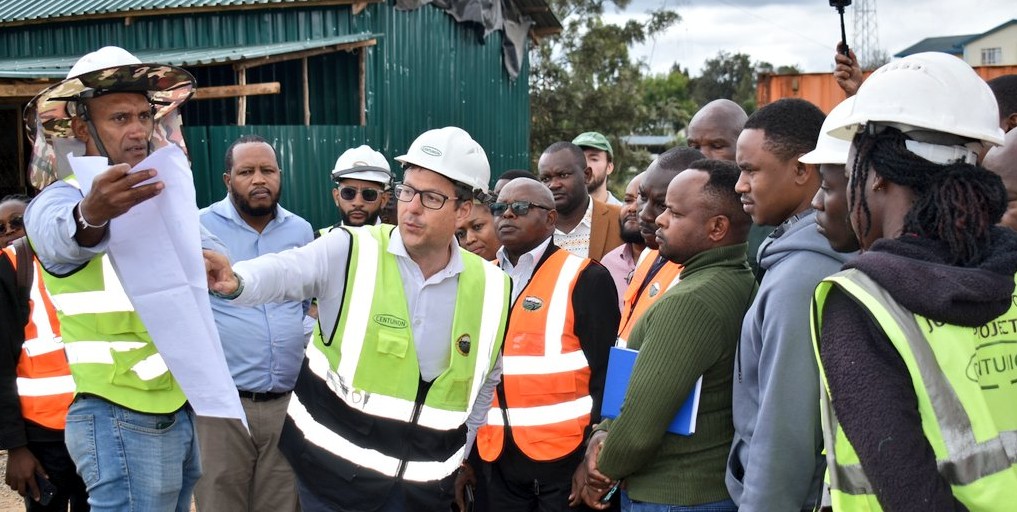
KURA stated that the directive is in line with a presidential order and supports ongoing public finance management reforms aimed at digitising and streamlining procurement across all government entities.
All suppliers, contractors, and consultants doing business with public institutions must register on the Electronic Government Procurement (e-GP) system by Tuesday, July 1, 2025, or risk being excluded from all government tenders and contracts.
The Kenya Urban Roads Authority (KURA) has warned that failure to comply will automatically disqualify non-registered firms from participating in any public procurement activity.
More To Read
- Shocking audit reveals weak oversight in Kenya’s Sh2.5 billion donor-funded projects
- Raila pushes for expanded devolution, says counties should run schools and local infrastructure
- Ruto assents to new Bills strengthening county revenue and public finance management
- KURA gives Garissa encroachers 30 days to vacate urban road reserves
- Ruto signs laws to regulate gambling, shorten tenure of roads agency bosses
- Authorities announce diversions after closure of section of Mombasa Links Road as major drainage project begins
In a public notice, KURA said the directive follows a presidential order and aligns with ongoing public finance management (PFM) reforms designed to digitise and streamline procurement across all government entities.
“In line with the Presidential directive and ongoing Public Finance Management Reforms, the National Treasury has rolled out the Electronic Government Procurement (e-GP) system across all national and county government procuring entities,” reads the notice.
“To participate in any government procurement process, all suppliers, contractors, and consultants must be registered on the e-GP portal by 1st July 2025.”
Single gateway
KURA said the registration must be done through the official portal, www.egpkenya.go.ke, which has been designated as the single gateway for all government procurement operations.
Starting July 1, the use of the e-GP system will be mandatory for all procurement activities, including tendering, evaluation, awarding of contracts and payment processing.
According to KURA, the digital system is expected to reduce procurement costs, speed up transactions and enhance transparency and accountability in public spending.
“Lower procurement costs through streamlined digital processes, enhanced speed and efficiency in handling procurement activities, greater transparency and accountability in all transactions, uniform procedures across all government procuring entities, and stronger confidentiality, integrity, and authenticity of procurement data,” reads the notice.
The e-procurement push was reinforced by President William Ruto during a two-day national executive retreat held in Karen, Nairobi.
Full transition
In a firm directive aimed at enhancing transparency and eliminating procurement fraud, Ruto declared that all government procurement must fully transition to the electronic platform by July 1.
“Beginning July 1, all government procurement end-to-end will be on our E-platform. It is not a request; it is an instruction to all our accounting officers so that we can avoid fraud and eliminate inflation of government procurement costs that end up draining public resources,” he said.
The head of state stressed the need for openness in the procurement process.
“Government procurement must be above board and transparent. We should be able to know how many bids for a tender, who won, and how much was awarded,” he said.
While efforts to implement an electronic procurement system date back to former President Uhuru Kenyatta’s administration, earlier attempts were unsuccessful.
With just over a week to the deadline, the pressure now falls squarely on President Ruto’s administration to deliver.
Misuse of public funds
The President also cautioned that public officers will henceforth be held personally responsible for the misuse of public funds.
“To avoid what our Auditor-General said, the National Treasury, working with the Head of Public Service, must issue a circular and change the regulations so that such an audit takes the form of personal responsibility for that officer,” Ruto said.
He gave an example of reckless procurement practices.
“You find a public officer awarding a contract for the procurement of equipment for a facility that has not been built. For instance, a hospital has not been built, and they know ultimately it will cost the public waste and sometimes complete loss,” he said.
The retreat, which reviewed the performance of Ruto's administration since September 2022, identified several implementation bottlenecks. These included litigation, budget constraints, geopolitical tensions and misinformation campaigns.
A communiqué issued at the end of the meeting also pointed to funding gaps in donor-supported programmes, weak monitoring frameworks, and the manipulation of legitimate grievances into violent disruptions as key risks facing government operations.
“While considerable progress was evident in key delivery milestones, there were shortfalls and gaps in particular areas that needed to be addressed for the government to wholly fulfil its binding social contract with the citizens,” reads the communiqué.
Top Stories Today
